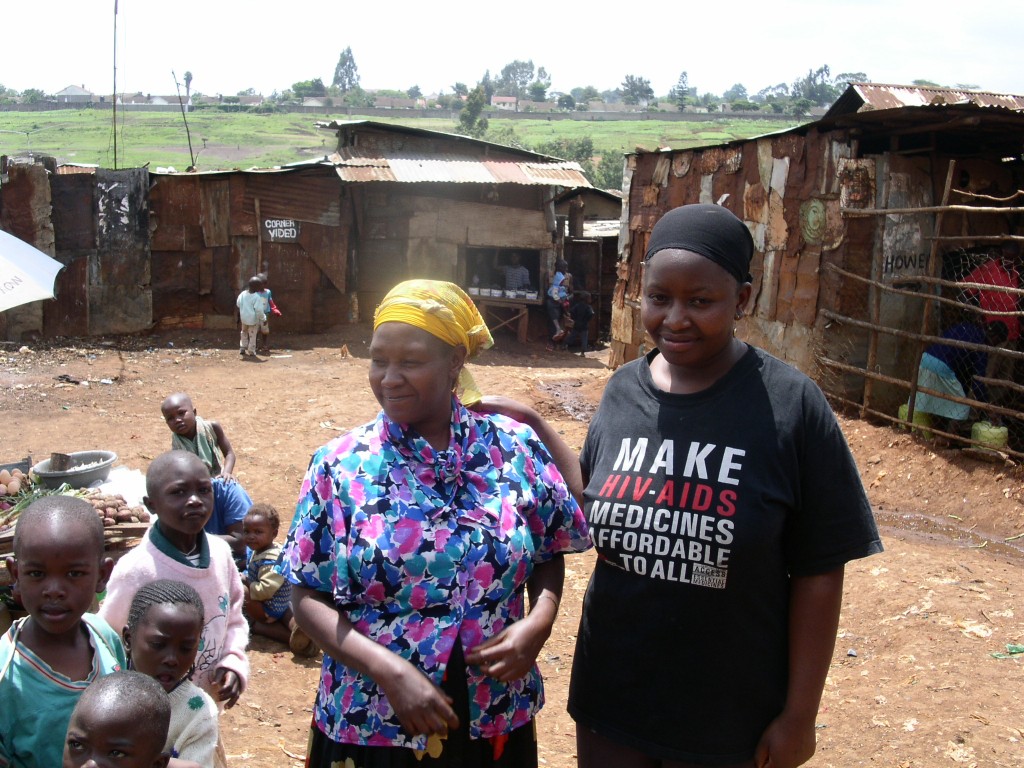I am trying to collect my thoughts as to what makes a good trip over to our partner churches and what exactly it is that we are trying to do. Ultimately we are trying to help feed and care for orphans and children in real danger and to help the church meet these needs and take some pressure off a partner church body. Believe it or not even that simple of a ‘mission statement’ will get you arguments among those who are about ‘missions’. I have had some real interesting conversations with folks back from the mission fields who are absolutely convinced that we should be doing no mercy work in third world countries. By the way, they are no longer third world countries, they are the “majority world”. I am of the opinion that where we have partner churches there should be none of our missionaries, only people involved in mercy work, or teaching. Our partner churches can do ‘missions’ very well thank you. So there you have the big divide and both sides can arrange all kinds of amunition for their argument. But I would like to work through the issues and have anyone that is doing a project in a ‘majority world country’ figure out what they are doing. It shouldn’t be this complicated but it is.
Jonathan Bonk claims, “Affluence leads to social disparity and presents illusions of superiority.”** If Bonk is correct, there is a temptation to think that because a person has more they are better. The saying is that in a ‘majority world’ country when they see white, they see green. the assumption for many is that you have lots and are there to spend it so…
We are asking the students and fellow travelers who go on the Mary Okeyo scholarship fund trips to sign a ‘protocol document’ that exists between the Lutheran Church Missouri Synod and the Evangelical Lutheran Church of Kenya. That document stipulates what our relationship is all about but also guides us into how what we do is shaped. For instance one paragraph reads,
We agree that requests for funds by individuals, congregations, circuits, parishes, districts, dioceses or any other church entity from one of our churches to the other shall be processed and approved both by the office of the Presiding Bishop (ELCK) and the office of the President (LCMS) or their designated representatives. We also agree that projects started with resources provided by one partner will not become the responsibility of the other partner, unless this was agreed when the project was planned
It is typical bureaucrat language, but this is important. Project 24 was not the brainchild of a bunch of white guys from America who said to the poor benighted souls in Africa ‘this is what you need to do’. This was their idea, They plan the centers and work for their ability to be self sufficient. They work with the local congregations and planning councils. They work through the government officials to see that regulations are followed.
We don’t do side deals. People will come and ask if we can fund computers for the teachers in a school for instance. Now I am ashamed to admit it but I probably have enough old computers and printers at my offices and home that I could do that. Just because I could does not mean that I should. My response is – “draw up a proposal and send it to the Projects director and if it is approved we will see what we can do”. So let’s say they do that and the poject is approved. Should I actually go home and load up my old computers and take them along? We’ll talk about that as well in the days ahead.
We are also trying to make these trips a true partnership. Are there things that we can help with over there? Yes. But usually the help is financial. Most things that need to be done they are capable of doing. My goal for these travelers is not just to transform but to be transformed. I want them to go and learn as much as they can because these marvelous folks have a lot to teach us. We are going to have articles about what to do and not do when we go to these ‘majority world’ countries and what the relationship should be between us and our church and the church in the area where we are.
**Jonathan J. Bonk, Missions and Money: Affluence as a Western Missionary Problem (New York: Orbis, 1991), 46.



Pastor Bernie, I am so glad to have you address this issue. There are several books which I have read which helped me solidify my own position. The following books were recommended by Pastor Jacob Gillard, LCMS missionary to Uganda, when we were attempting to a short term mission there. I have quite a list but these three were particularily enlightening for me:
Serving with Eyes Wide Open:Doing Short-Term Missions with Cultural Intellegence, by David Livermore ISBN:978-0-8010-6616-0
African Friends and Money Matters by David Moranz ISBN 978-55671-117-4
When Charity Destroys Dignity by Glenn Schwartz ISBN 978-1-4259-9391-7